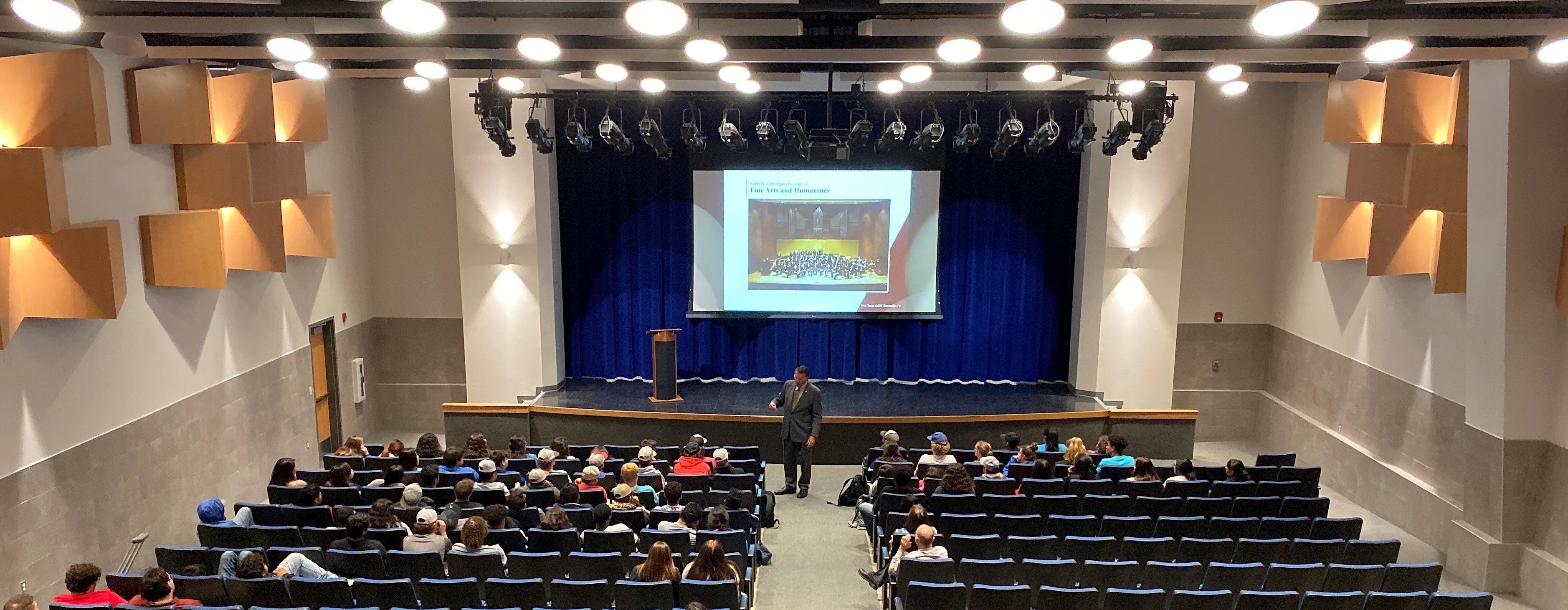
Second in a series on what to look for in college.
Tahoka, Texas, the county seat of Lynn County, is a small town of 3,000 souls. In spirit, it is bigger than the South Plains skies that crown it. Maybe it’s poor; the median household income is $42,000 per year. In spirit, family income only provides a glimpse into what makes a community work. Toughness, practicality and self-reliance matter, too, in the oldest town south of Lubbock on the South Plains.
Many Tahoka Bulldogs, the school’s mascot, have assumed successful careers in diverse locations, occupations and pursuits of life. Phil Adams, a Bulldog and former chairman of the Board of Regents of The Texas A&M University System is currently serving his third six-year term as a Regent. Phil’s dad was Tahoka’s Ag teacher for years; his mom was a school teacher and counselor and lived out her life in Tahoka. Mr. Adams attributes his success in life to four Tahoka, Texas, values: home, church, school and work.
Mr. Adams did not mention to me the importance of stewardship—it was probably too obvious. Tahokians care for what they have. After visiting 80 high schools in the Texas Panhandle and South Plains, in Tahoka I found the cleanest restrooms that I have ever seen. That finding provided a luminous look at the people of Tahoka. By comparison to more prosperous schools in more prosperous metropolises, stewardship of limited or scarce resources represents a fifth value on Phil’s list. Or, possibly, it is embedded in each of the Tahoka values: home, church, school and work.
Many communities, particularly small communities, struggle to maintain their independent school districts in the face of declining populations, a lack of employment opportunities and increasingly sparse healthcare. Fiscal wherewithal is sometimes provided by windmills standing resolute against the endless West Texas skies. Billions of dollars in energy investments create tens of millions of dollars enabling smaller schools to build new facilities that empower hope for the future.
But enlightened stewardship is required.
Stanley T. Greer discusses in a January 2019 research report, Local Tax Abatements and the Texas Wind Industry published by the Texas Public Policy Foundation, the impact of Chapters 312 and 313 of the Texas Tax Code which creates burdens that are “scarring rural Texas.” Mr. Greer carefully rehearses the costs and benefits, with a legitimate emphasis on “costs” that impact the long-range stewardship and utilization of an abundant resource in Texas—wind. While the benefits of renewable energy resources are difficult to dispute, the costs of environmental degradation, deleterious impacts on human health, the high costs of transmission to urban areas and the sporadic reliability of wind energy all require thoughtful assessment of ultimate value.
Stewardship and appreciation of costs and benefits will lessen negative impacts on small communities in West Texas. Public awareness and accountability are required to balance the precarious equation of what is ultimately good for communities. Tahoka and dozens of other independent school districts get immediate benefit from wind energy seemingly unavailable from any other source.
In part, what I saw in Tahoka, heard from Principal Don Worth and experienced through a pragmatic sense of purpose was memorialized in the school’s motto: “We Serve, Students Win.” Intentionally caring for what a community possesses sustains near and long-term value.
Schools in many small communities are the glue, the pride of place, the last bastion of public purpose that bonds the community together. When visiting Booker High School, I was told by the former school librarian that the school district (with less than 140 students, pre-k through 12) was essential to the community. “Without it,” she said, “Booker would be boarded up.”
Purposefulness and stewardship take on heightened priority in the sparsely populated, windblown, yet vital communities of the Panhandle and the South Plains.
If a family visits a college campus and finds indicators of a lack of stewardship of any kind, from cleanliness of the restrooms to deliberate utilization of increasingly scarce resources—state funding, tuition and fee dollars, gifts, grants and other means of material support—look elsewhere for an institution that “gets it” like Tahoka does.
Clean restrooms may seem trite, but they are the tip of the stewardship iceberg.
Walter V. Wendler is President of West Texas A&M University. His weekly columns are available at http://walterwendler.com/.
